Plans for Political Union Unravel in Europe – WSJ.com.
The talk of a European quickly subsided along with the periphery’s capital market distress. Astute readers of Dareconomics have known for over a year that the FANG would not approve any plan that would cost more money:
Germans Will Not Pay for Banking Union
leaving the mainstream financial press way behind this story. The Germans actually may consider a political union with a common budget, but only if the periphery agrees to draconian reforms and monitoring. As long as the bond vigilantes remain at bay, the PIIGs have no reason to continue reforming their economies and cutting their budgets, and the process has inevitably slowed to a crawl.
Eventually, this impasse will resolve itself, because the euro is slowly dying. Either these countries will join together or come apart in order to improve their lots. Your guess is as good as mine as to when the denouement will commence.
Euro-Area Services, Manufacturing Unexpectedly Slow – Bloomberg.
Chinese data lifts shares, dollar stays weak | Reuters.
Markit released PMI numbers for the U.S., Eurozone and China today. American and European output continued to grow but at a slower pace with China registering its best number in seven months. By peering past the headlines, we observe a continued deterioration in world economic conditions.
In our first chart, we can plainly see that American manufacturing growth peaked in early 2010 and has been expanding more slowly ever since. Even though this month’s number is undoubtedly lower due to the shutdown, the trend indicated by the red arrow is clear with consistently lower peaks in each mini cycle since 2010.
The second chart shows that even though the MFP is excited about Europe continuing to grow, the economy still remains in a labor market recession. German and French employment are stagnant with the rest of the Eurozone enduring contraction. Employment has not expanded in the periphery since 2008 and no relief is in sight.
China is the subject of our last chart. Manufacturing growth is basically flat, and considering the economic situation in its two largest trading partners, discussed above, is not likely to improve.
Home affordability sinks as housing slows.
Mortgage applications fall, even as rates drop.
Drops in the housing affordability index lead inexorably to lower sales. The index is based on interest rates, incomes and house prices and is a pretty reliable indicator for future sales. The precipitous drop in the index over the last few months has been based on rising rates and prices. Based on its turn, we can forecast that housing sales are at or near peak levels for this “recovery.”
The banks have already begun slimming down their mortgage departments as refi activity has already reached a peak, but analysts have not yet adjusted their wildly optimistic profits projections. For that matter economists have not revised their GDP forecasts either. The fourth quarter is destined to come in below consensus. Remember that you heard it here first.
China Bond Yields Soar – WSJ.com.
Spike in China money rates raises cash-crunch fears – FT.com.
China keeps attempt to rein in its financial system, but every time it tries to do something interest rates rise. Note the steep rise in both the overnight repo rate and the government bond market over the last few days. This rise in rates will place upward pressure on the yuan, which means that China will need to purchase more dollars to maintain the exchange rate.
The world central banks have seemingly painted themselves in a corner. Recall that when Bernanke attempted to move away from crisis monetary policy, the markets reacted adversely. At this juncture, it is reasonable to conclude that the markets will all fall in unison if these central banks stop printing money, and for just that reason they won’t stop.













































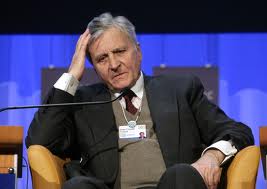



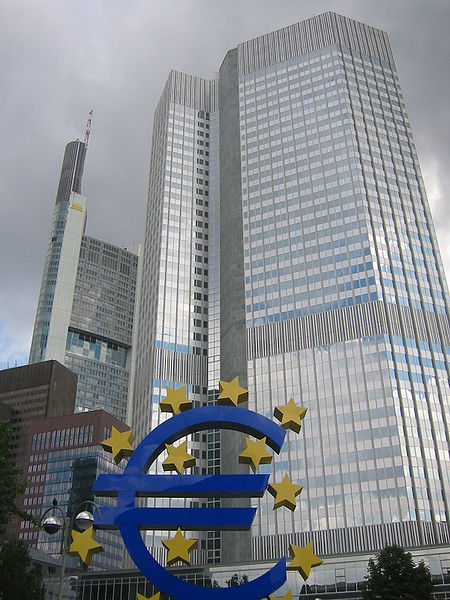
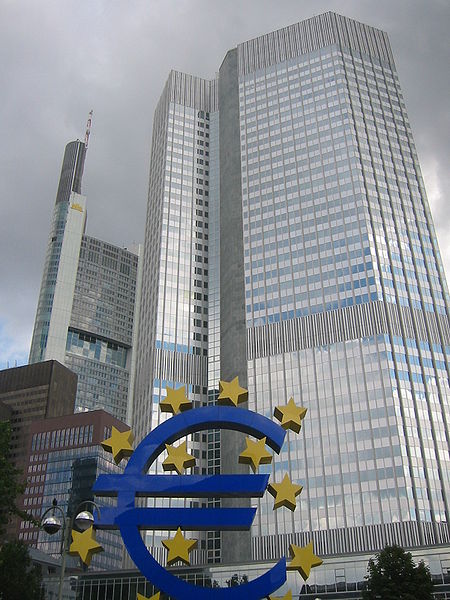
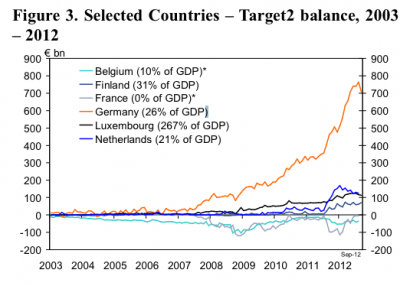
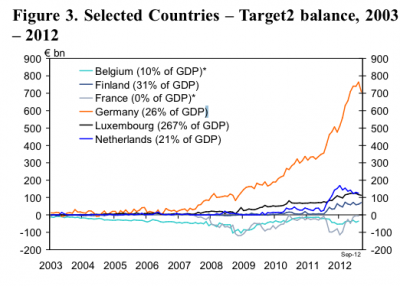

You must be logged in to post a comment.